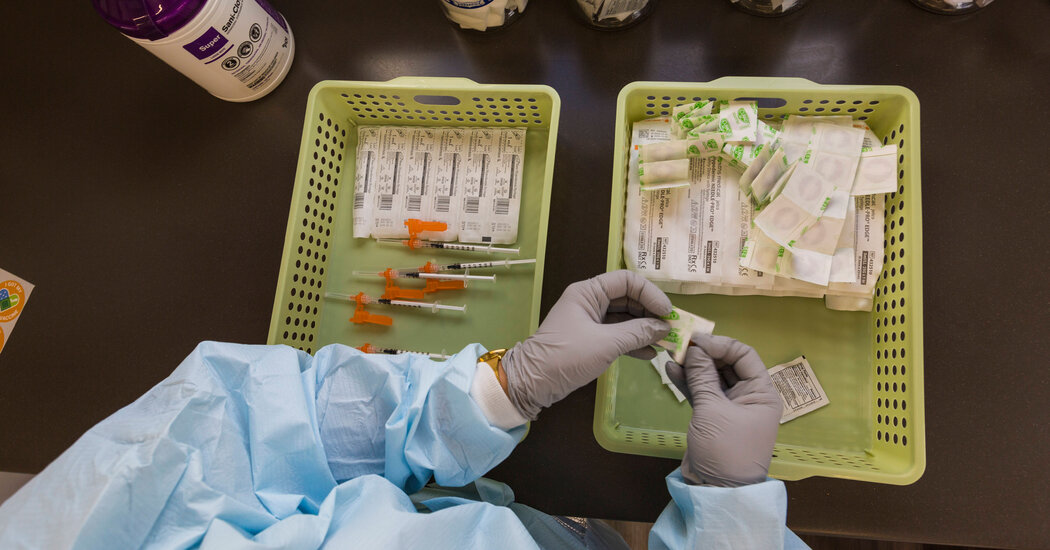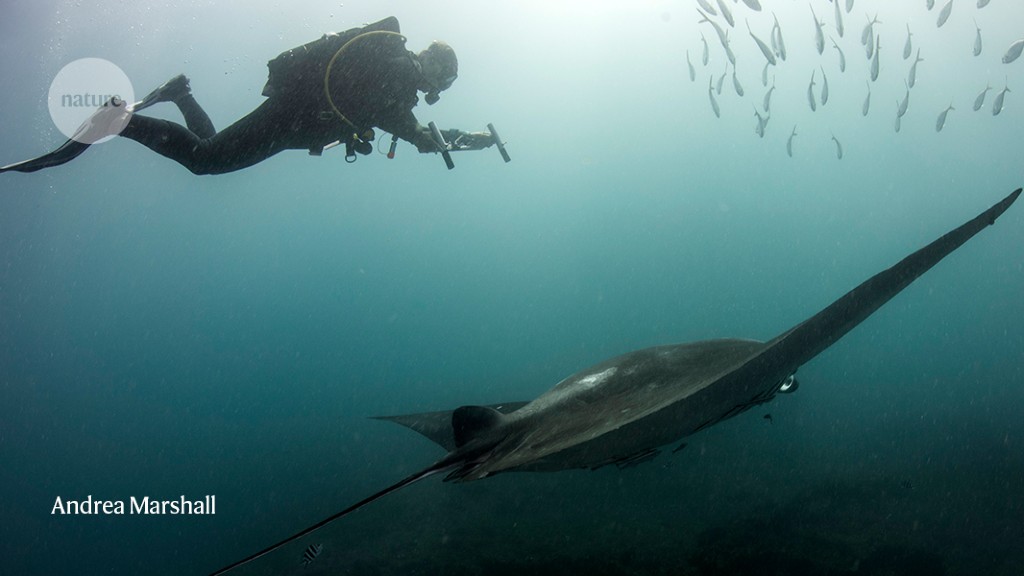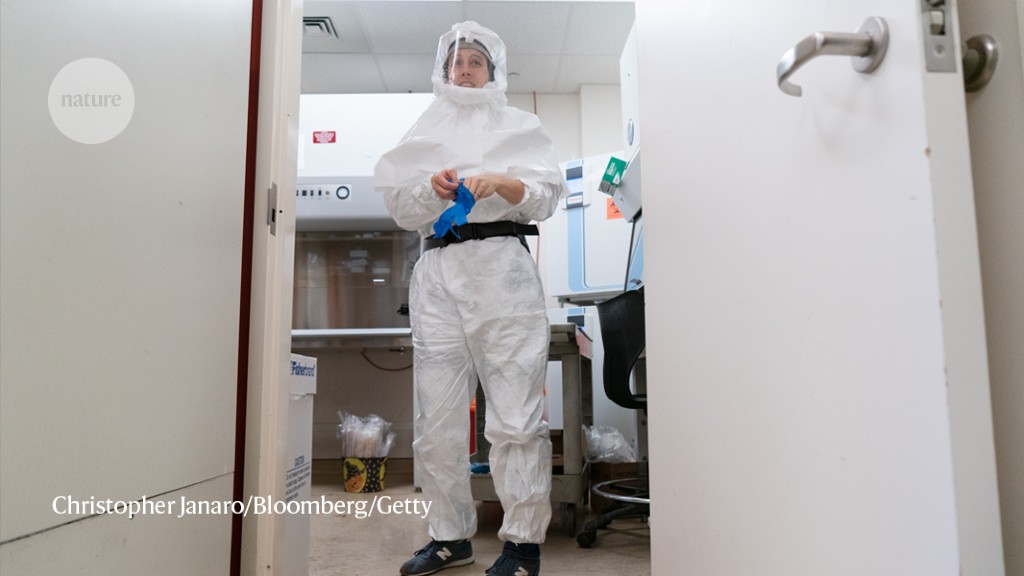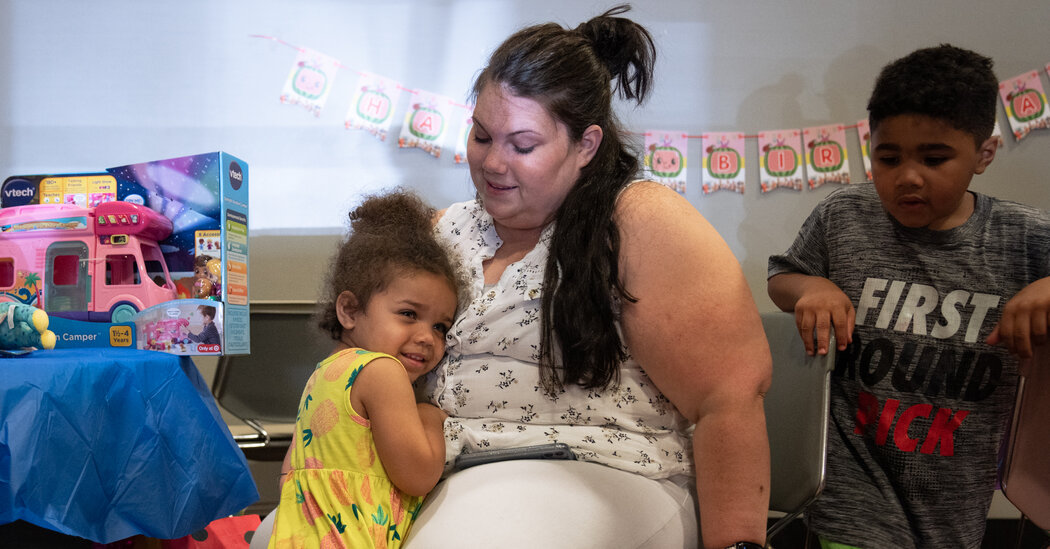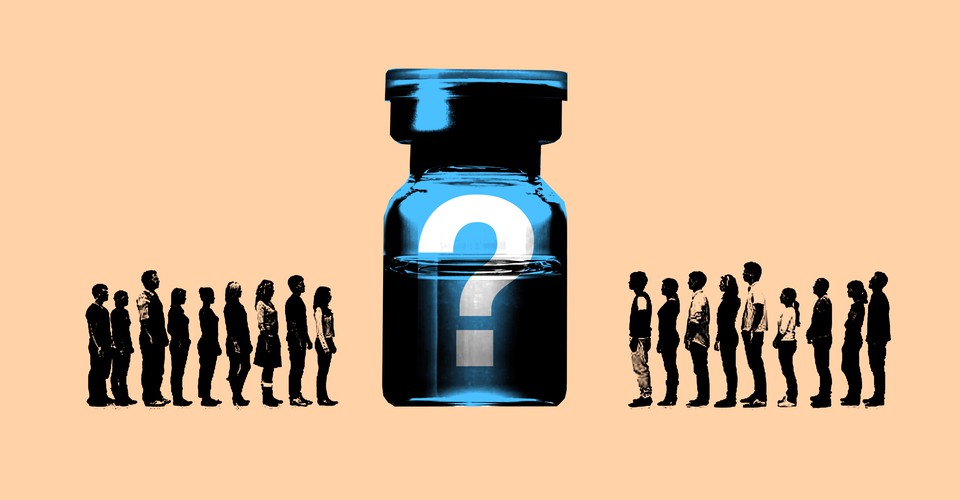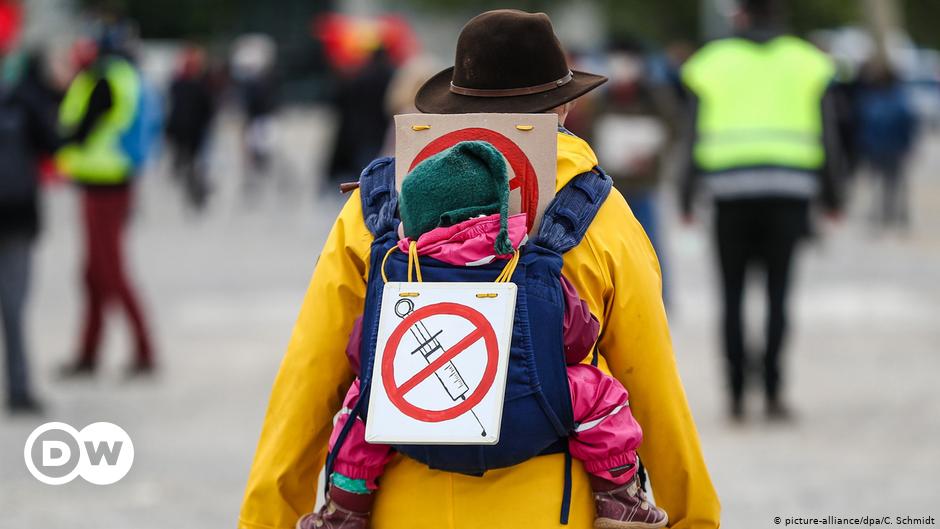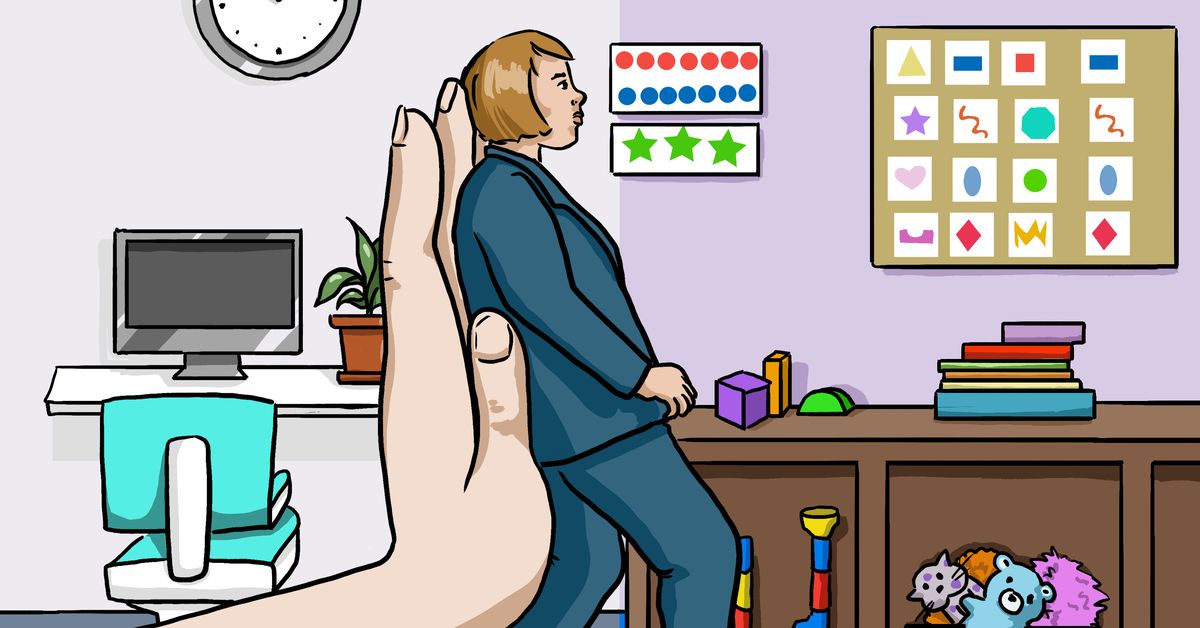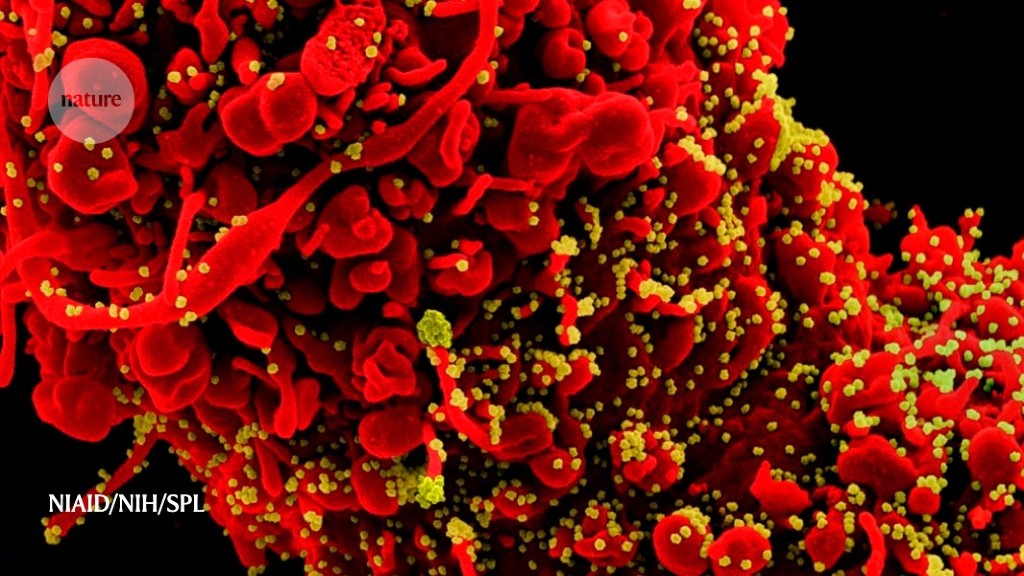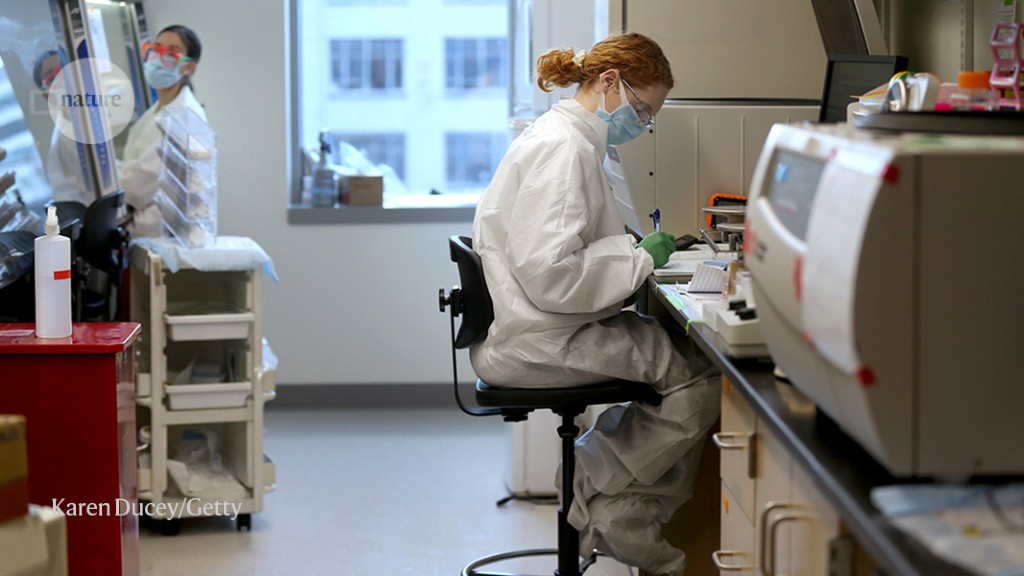Send us a link
COVID Vaccine Boosters: the Most Important Questions
Concerns over waning immunity and SARS-CoV-2 variants have convinced some countries to deploy extra vaccine doses - but it's not clear to scientists whether most people need them.
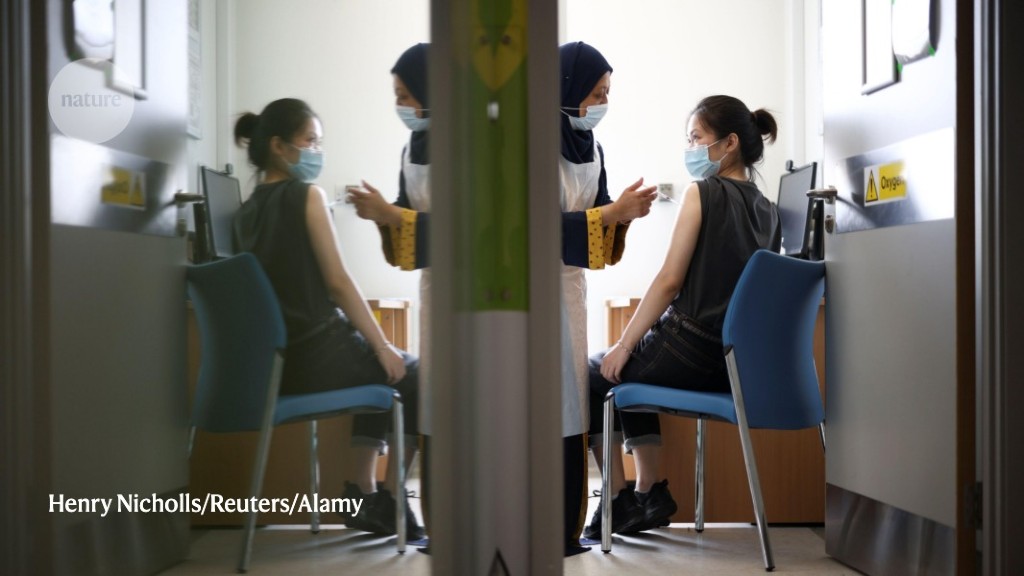
Is the Delta Variant Making Younger Adults 'Sicker, Quicker'?
Many doctors on the front lines say unvaccinated patients in their 20s and 30s are becoming more severely ill, and more quickly. But comprehensive data is lacking.
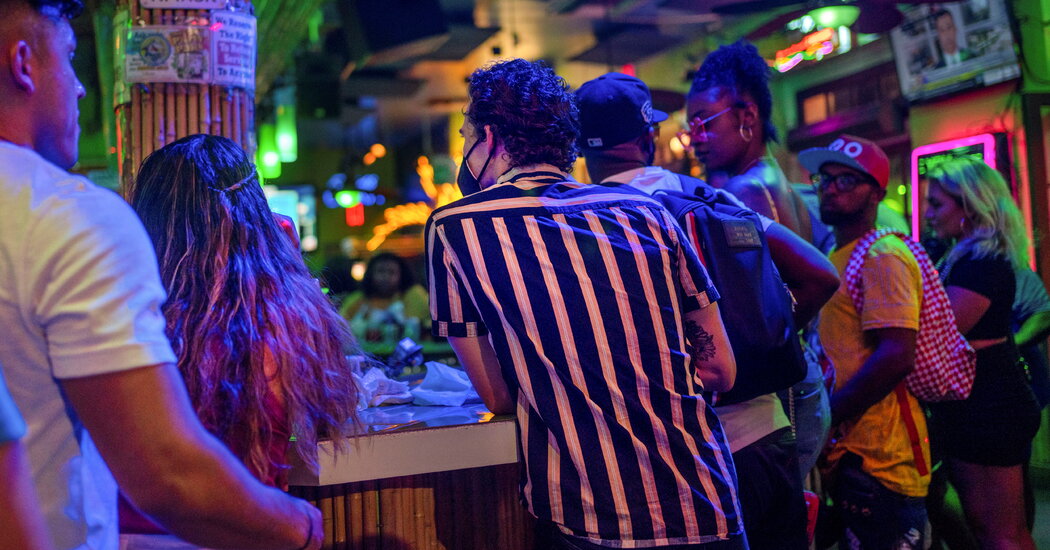
Microbiologist Elisabeth Bik Queried Covid Research - That's when the Abuse and Trolling Began
Microbiologist Elisabeth Bik Queried Covid Research - That's when the Abuse and Trolling Began
Bik's home address was posted on Twitter and she faced a barrage of attacks after dissecting a paper endorsing hydroxychloroquine as treatment.
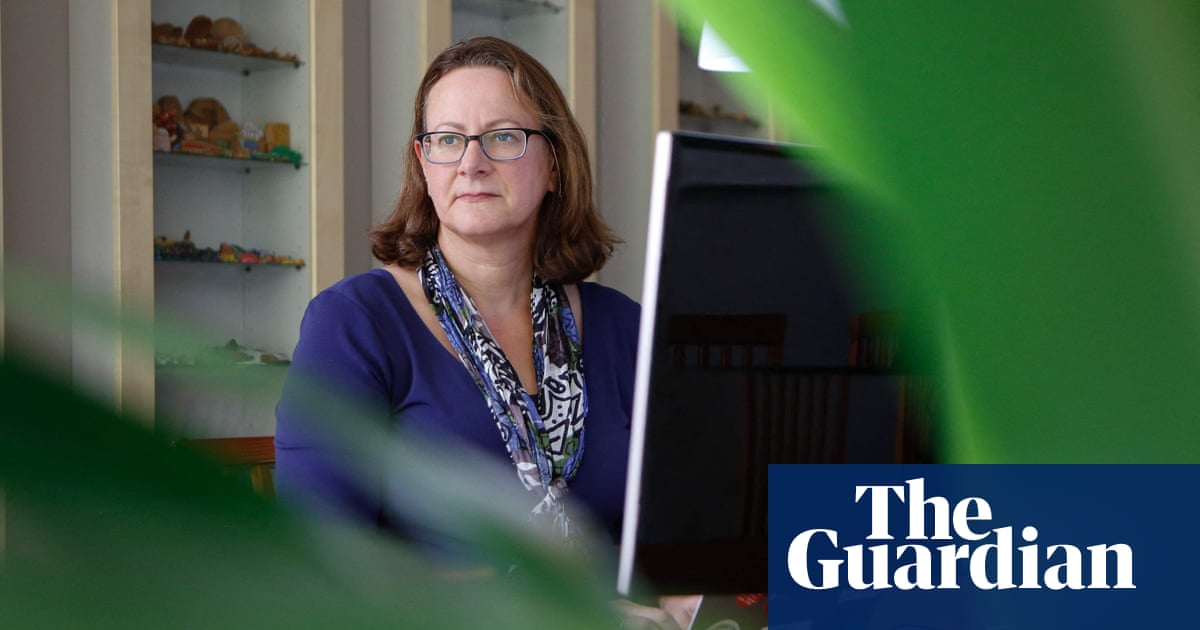
How the Coronavirus Infects Cells - and Why Delta is So Dangerous
Scientists are unpicking the life cycle of SARS-CoV-2 and how the virus uses tricks to evade detection.
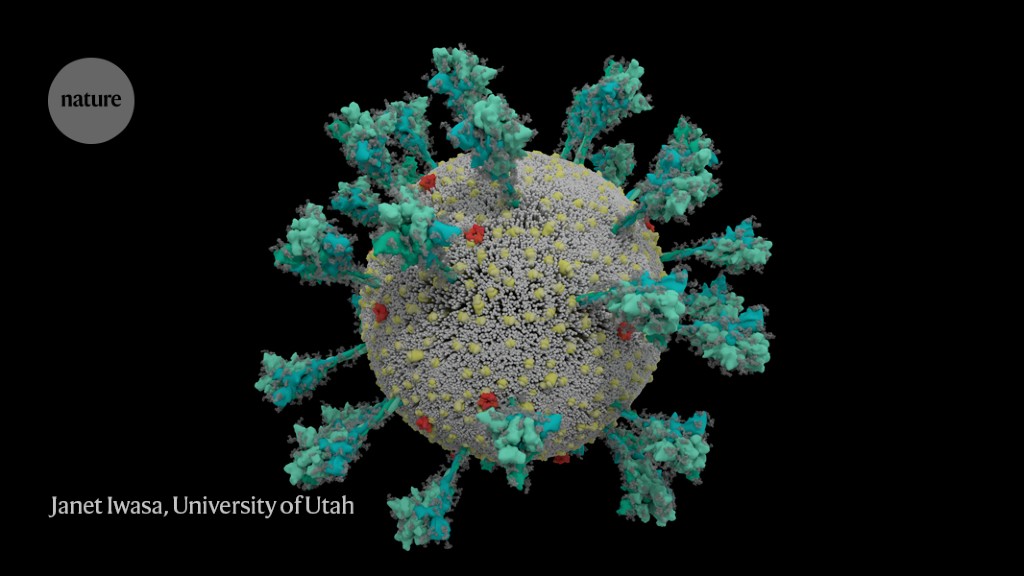
New Science Leads to Another CDC Update on Masks
You could almost hear the collective groan of frustration when the US Centers for Disease Control and Prevention again updated its guidance, encouraging people to wear face masks to stop the spread of COVID-19 - but understanding of the coronavirus has evolved with the virus itself, and this new guidance is based on new information.

Key Social Science Priorities for Long-term COVID-19 Response - World
The COVID-19 response continues to be driven by epidemiological priorities, and yet, the epidemic and responses are situated within specific political and health system contexts. Social science brings an understanding of context and draws attention to politics, power and social difference.
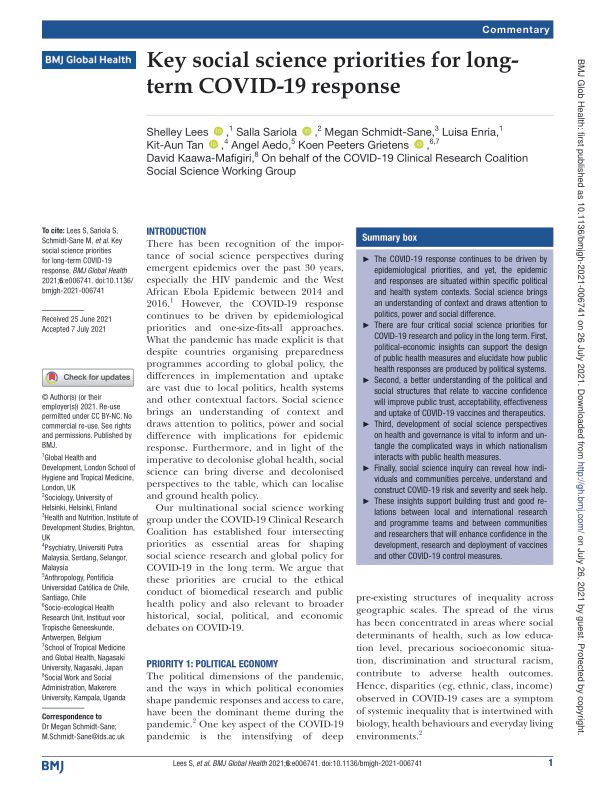
COVID Vaccines Have Higher Approval in Less-Affluent Countries
Surveys show that people in ten low- and middle-income nations are generally more eager to receive the COVID-19 jab than people in two wealthier nations where vaccine is plentiful.
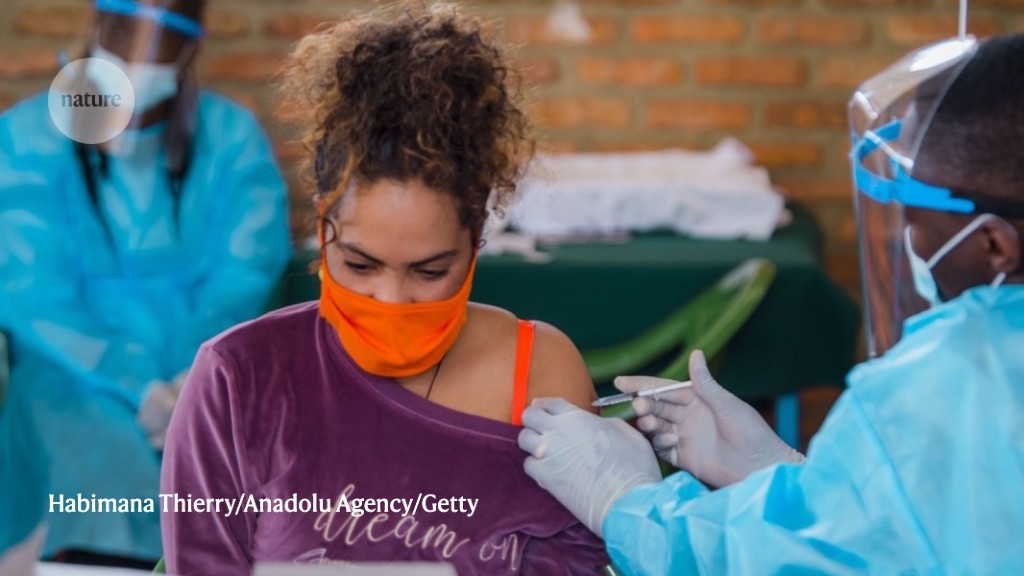
Lockdowns Do Not Harm Health More Than Covid, Say Researchers
Little evidence that social restrictions during the pandemic have added to rates of death and ill-health.
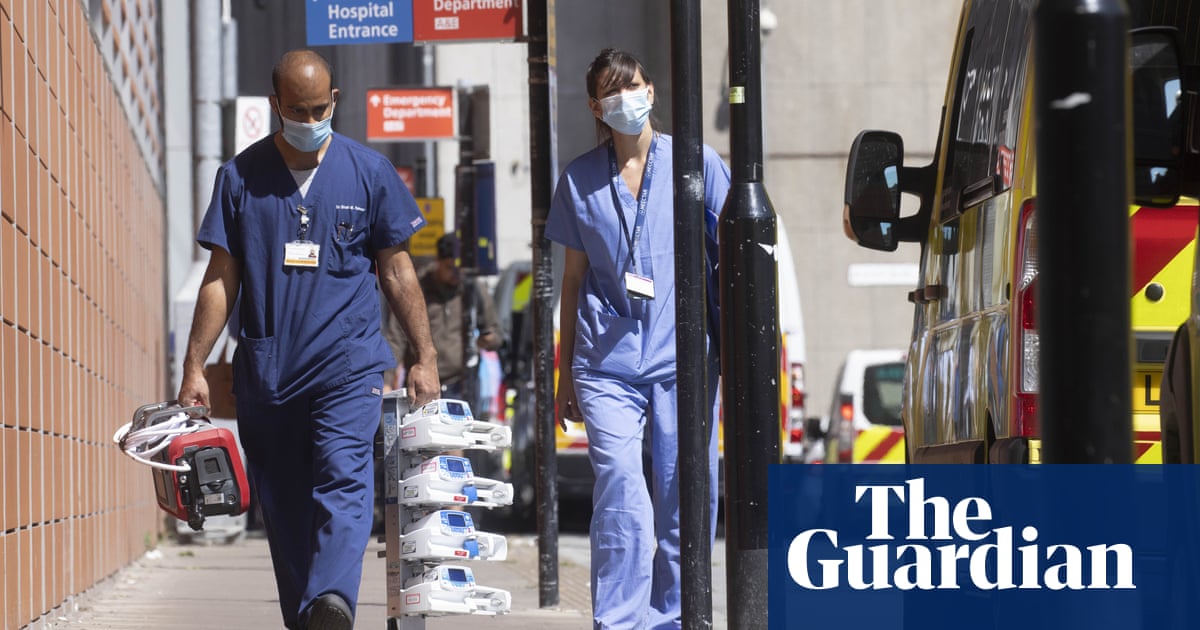
The US is Boosting Funding for Research Monkeys in the Wake of COVID
The US is Boosting Funding for Research Monkeys in the Wake of COVID
The investments are promising but won't fix the primate shortage, experts say.
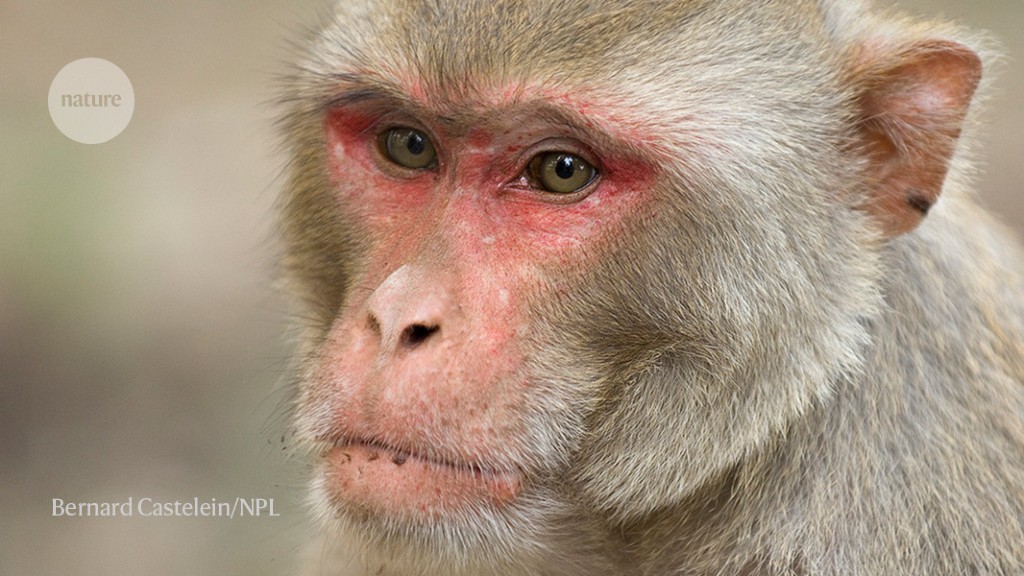
What Science Has to Say About Talking to Yourself in Lockdown
When none of the usual people are around to have a conversation with, 'private speech' can be helpful as well as fun, says psychologist Charles Fernyhough
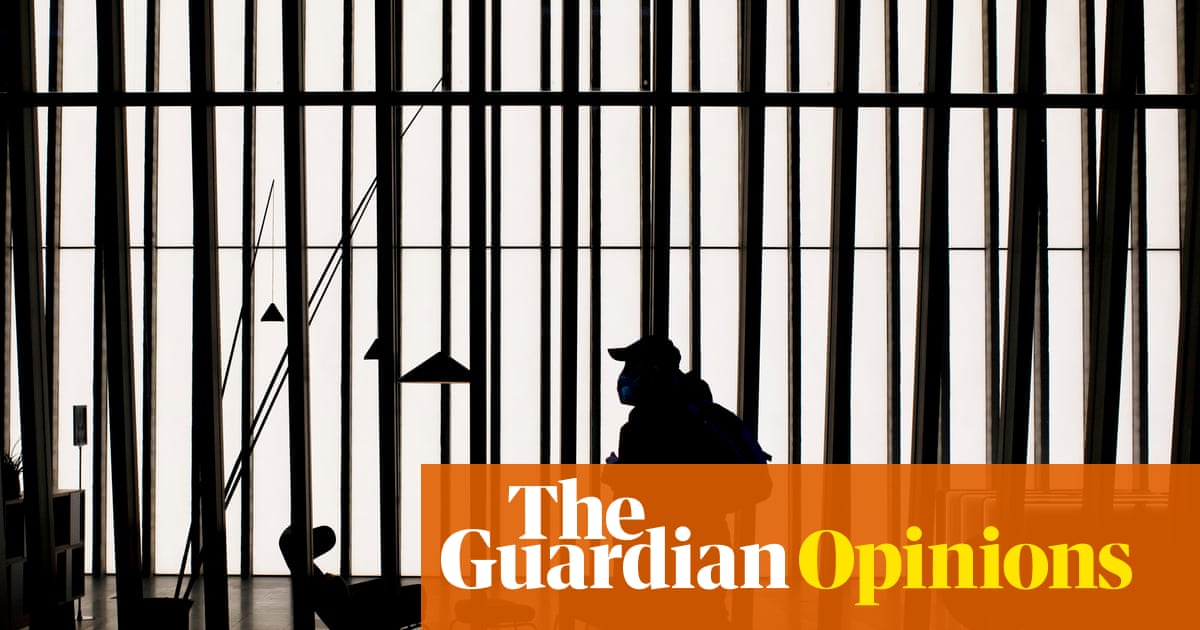
Coronavirus vaccines may not work in some people. It’s because of their underlying conditions.
Coronavirus vaccines may not work in some people. It’s because of their underlying conditions.
Early research shows that 15 to 80 percent of people with certain medical conditions, such as specific blood cancers or organ transplants, are generating few antibodies after receiving coronavirus vaccines.
The 3 Simple Rules That Underscore the Danger of Delta
Vaccines are still beating the variants, but the unvaccinated world is being pummeled.
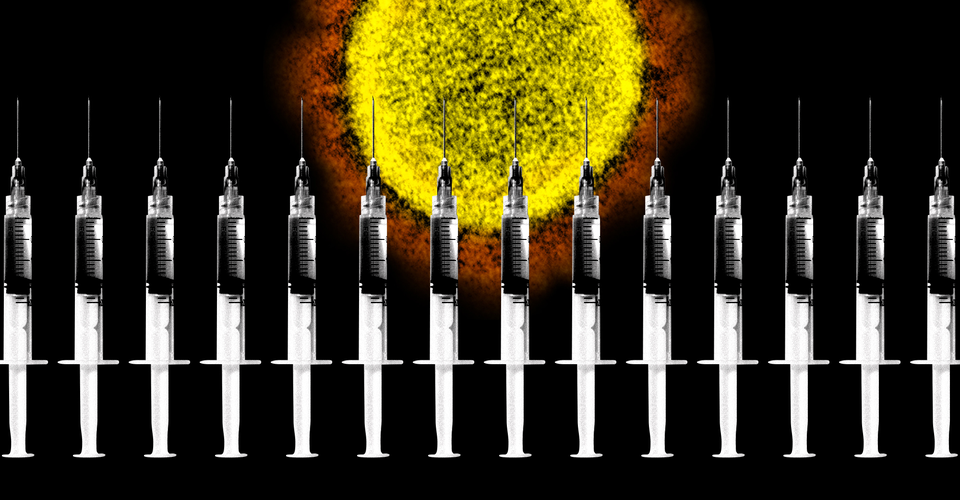
New Zealand Children Falling ill in High Numbers Due to Covid 'immunity Debt'
New Zealand Children Falling ill in High Numbers Due to Covid 'immunity Debt'
Doctors say children haven't been exposed to range of bugs due to lockdowns, distancing and sanitiser and their immune systems are suffering.
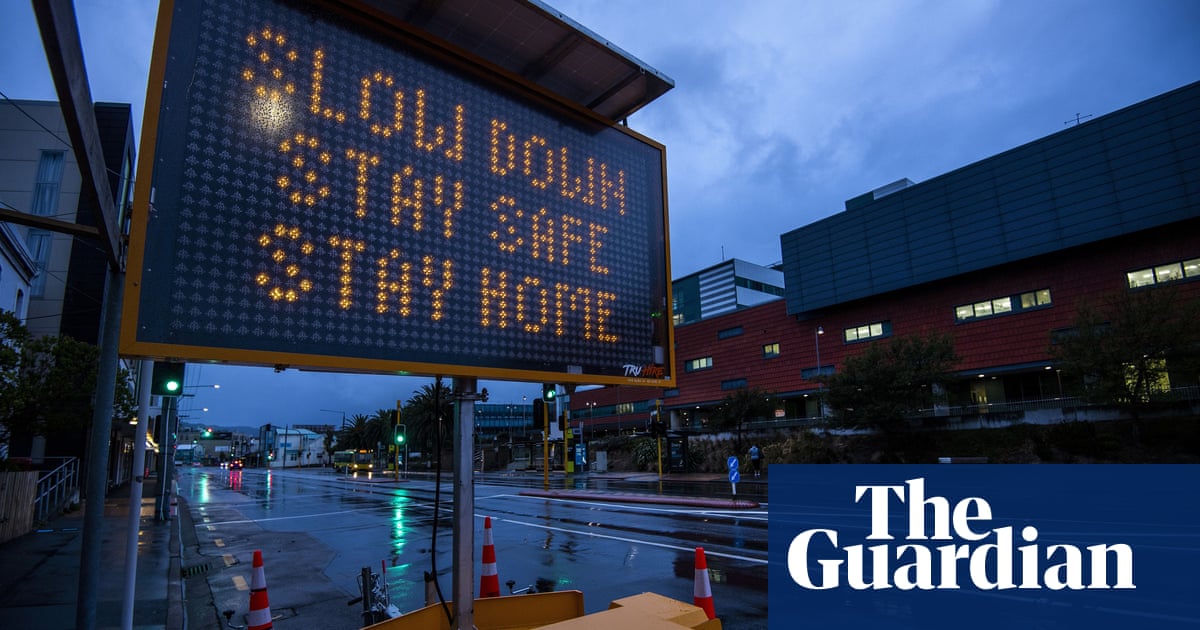
Reduced Sensitivity of SARS-CoV-2 Variant Delta to Antibody Neutralization
The SARS-CoV-2 B.1.617 lineage was identified in October 2020 in India1-5. It has since then become dominant in some indian regions and UK and further spread to many countries6. The lineage includes three main subtypes (B1.617.1, B.1.617.2 and B.1.617.3), harbouring diverse Spike mutations in the N-terminal domain (NTD) and the receptor binding domain (RBD) which may increase their immune evasion potential. B.1.617.2, also termed variant Delta, is believed to spread faster than other variants. Here, we isolated an infectious Delta strain from a traveller returning from India. We examined its sensitivity to monoclonal antibodies (mAbs) and to antibodies present in sera from COVID-19 convalescent individuals or vaccine recipients, in comparison to other viral strains. Variant Delta was resistant to neutralization by some anti-NTD and anti-RBD mAbs including Bamlanivimab, which were impaired in binding to the Spike. Sera from convalescent patients collected up to 12 months post symptoms were 4 fold less potent against variant Delta, relative to variant Alpha (B.1.1.7). Sera from individuals having received one dose of Pfizer or AstraZeneca vaccines barely inhibited variant Delta. Administration of two doses generated a neutralizing response in 95% of individuals, with titers 3 to 5 fold lower against Delta than Alpha. Thus, variant Delta spread is associated with an escape to antibodies targeting non-RBD and RBD Spike epitopes.
How Identifying Hotspots of Zoonotic Disease Could Prevent Another Pandemic
How Identifying Hotspots of Zoonotic Disease Could Prevent Another Pandemic
Researchers have developed a tool to assess wildlife markets for risks of zoonotic outbreaks. It can help governments decide on courses of action, with strict veterinary requirements potentially more effective than bans.
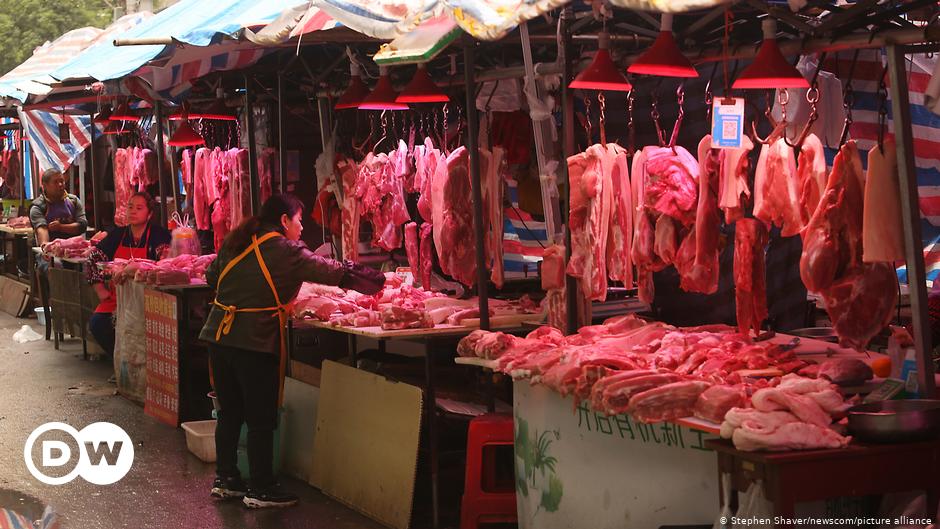
Science, not speculation, is essential to determine how SARS-CoV-2 reached humans
When a Good Scientist Is the Wrong Source
Six weeks ago, a reporter published what seemed to be a blockbuster story, one that, if true, would expose the greatest scandal in recent history.

The COVID Pandemic's Lingering Impact on Clinical Trials
Medical researchers are beginning to shift their focus away from COVID-19 - but the pandemic could continue to affect studies focused on other diseases.
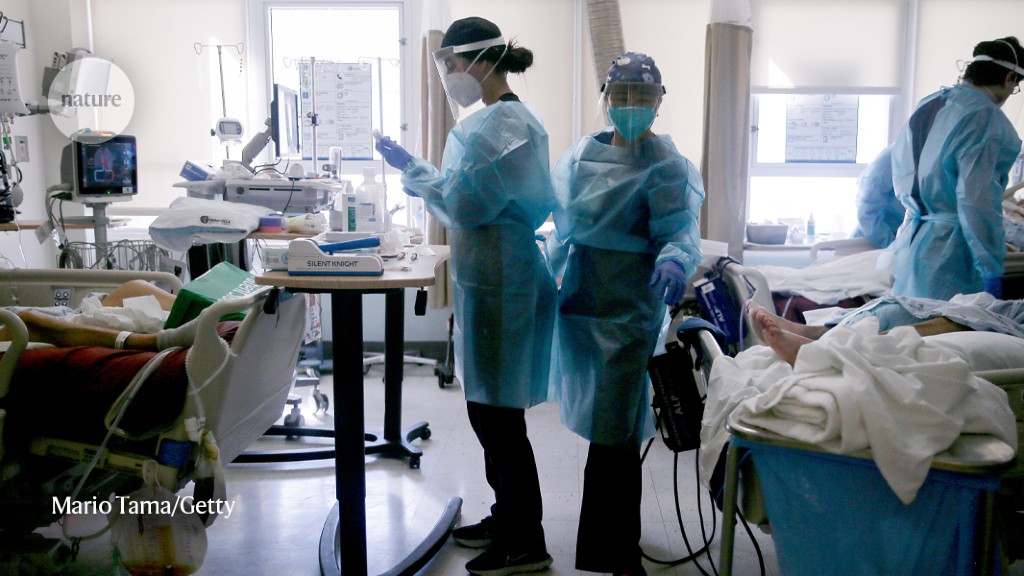
Is One Vaccine Dose Enough if You've Had COVID? What the Science Says
Research shows that a previous coronavirus infection plus one dose of vaccine provides powerful protection - but concerns linger.
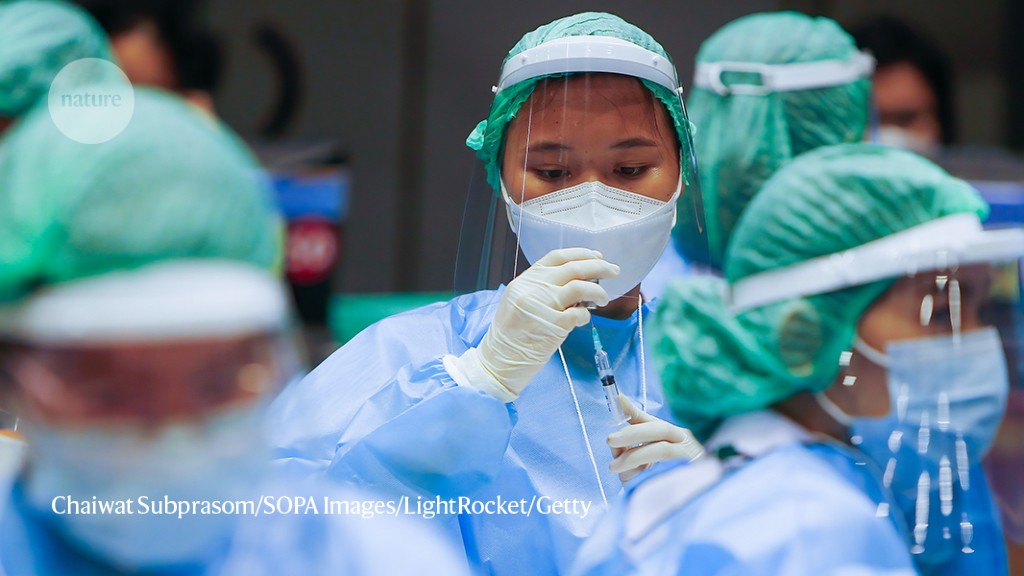
Open and Faster Scholarly Communication in a Post-COVID World - The Scholarly Kitchen
Open and Faster Scholarly Communication in a Post-COVID World - The Scholarly Kitchen
Liz Bal from Jisc discusses the scholarly publishing lessons learned from COVID-19, and how they can be applied to make research communication more efficient and effective.

